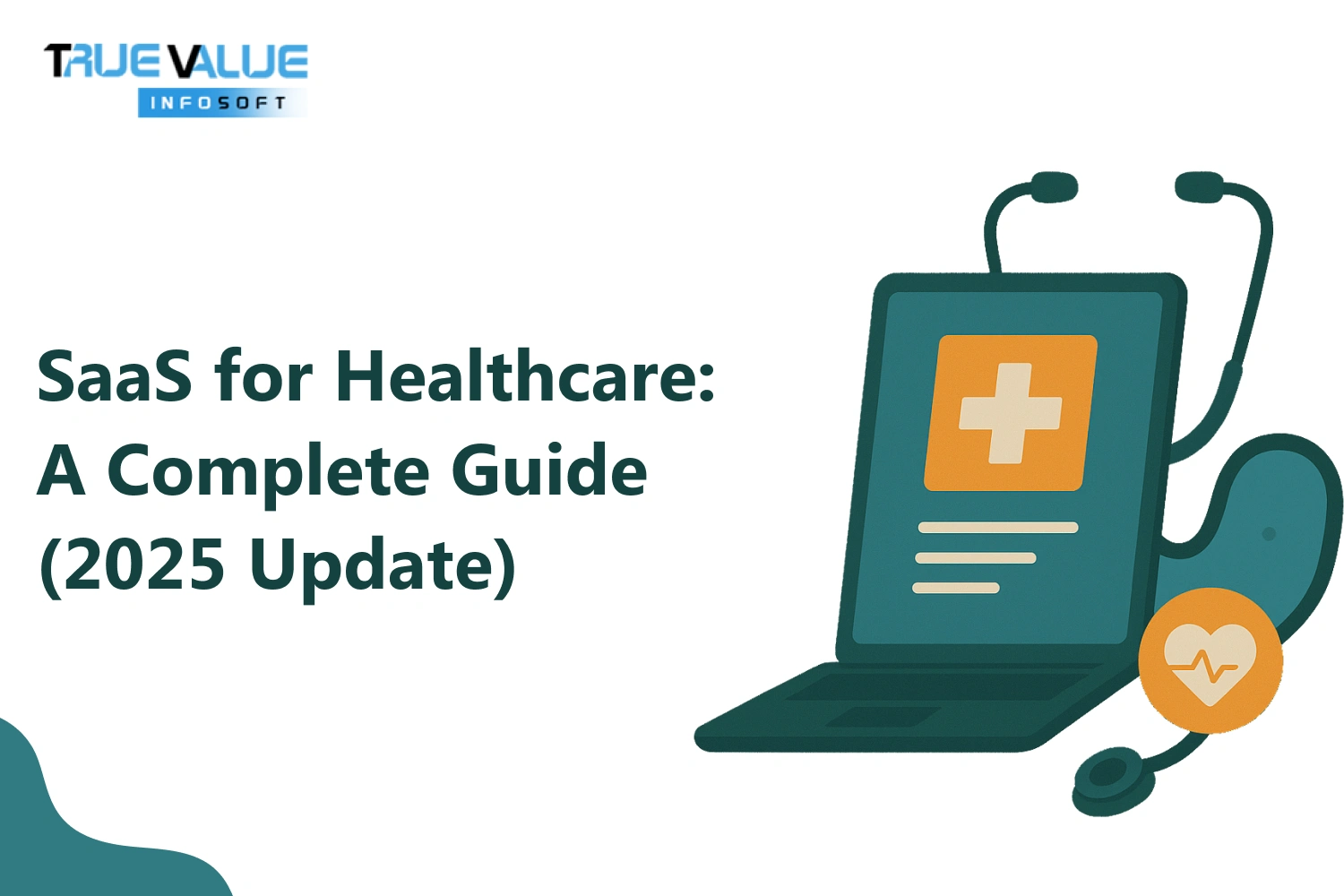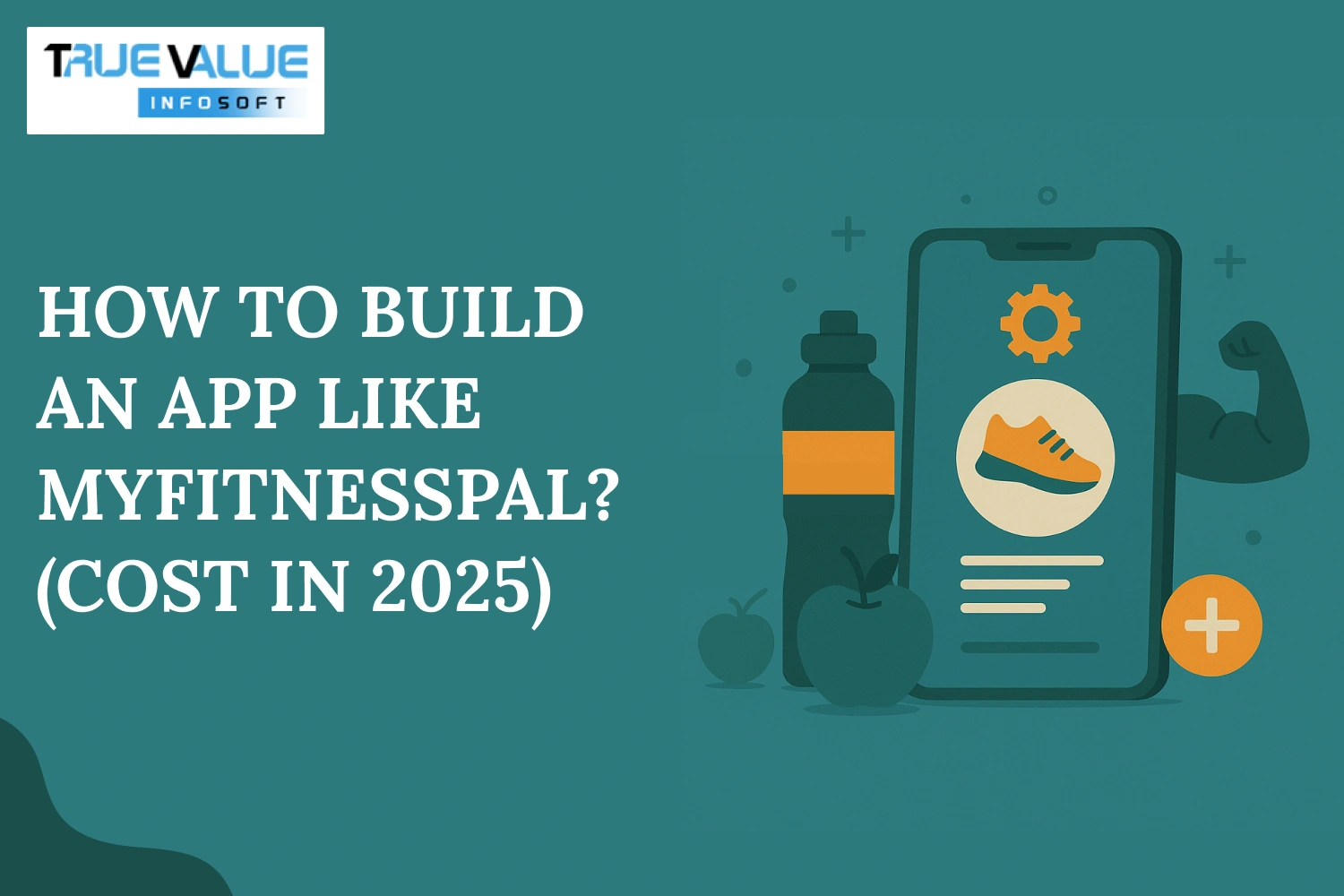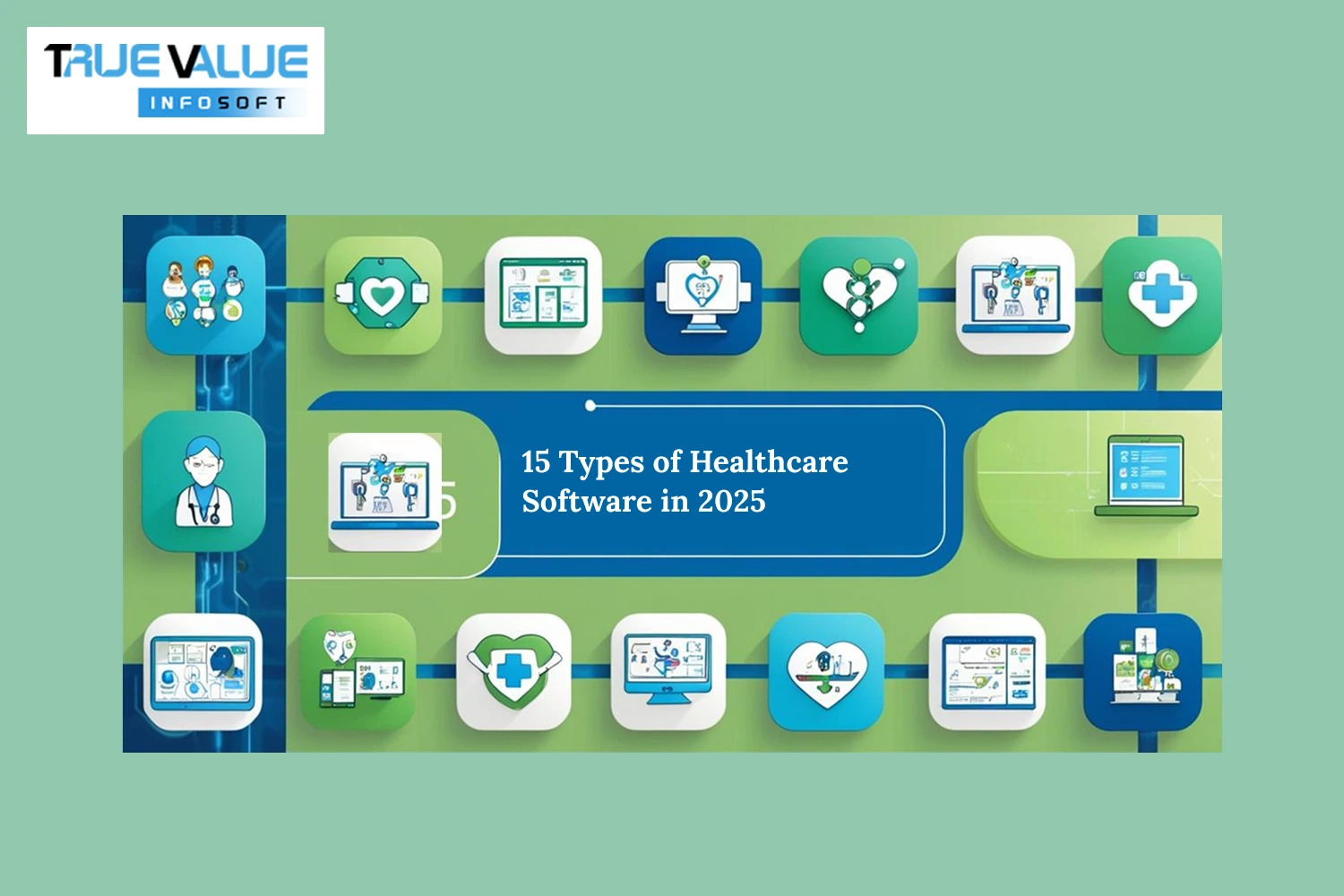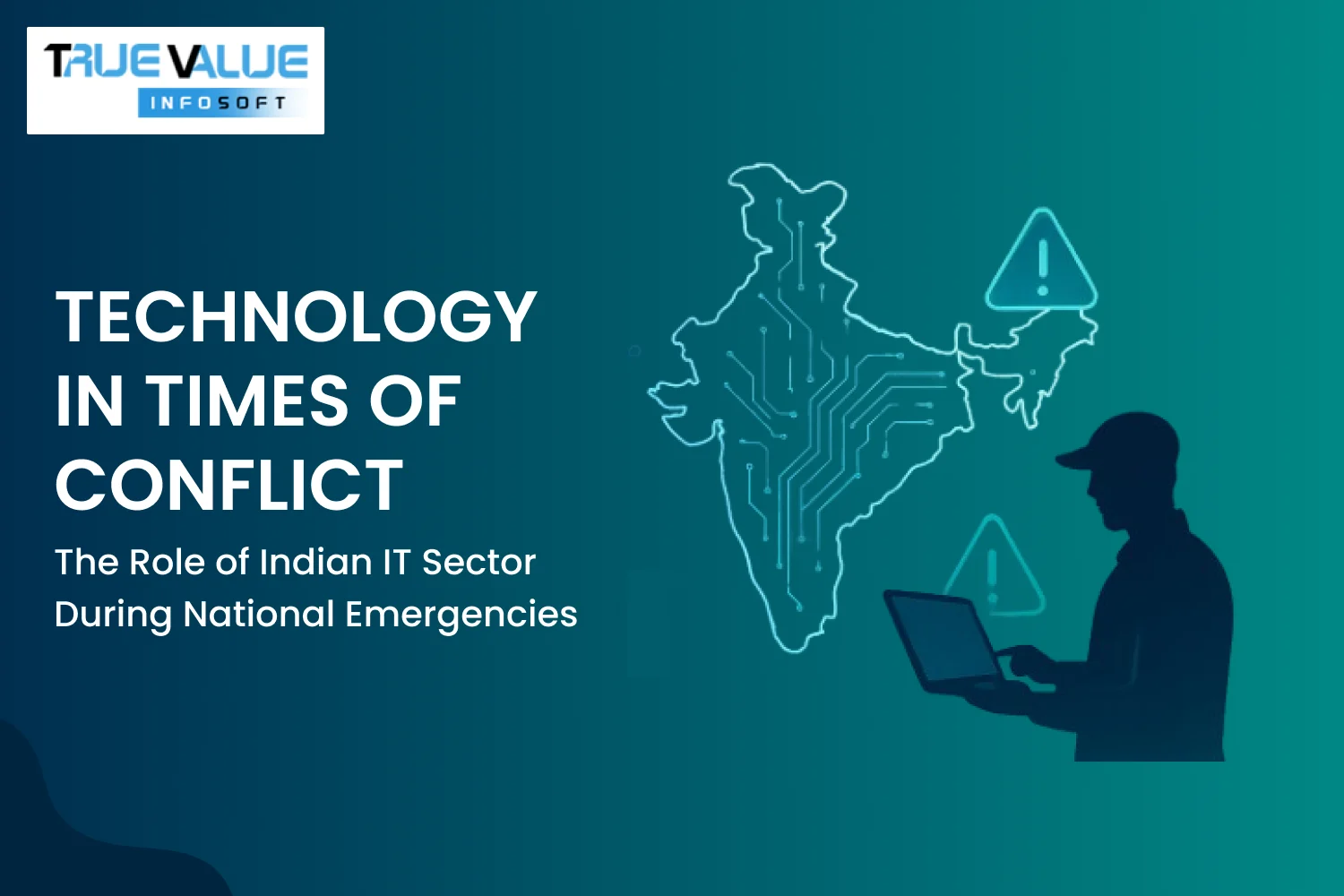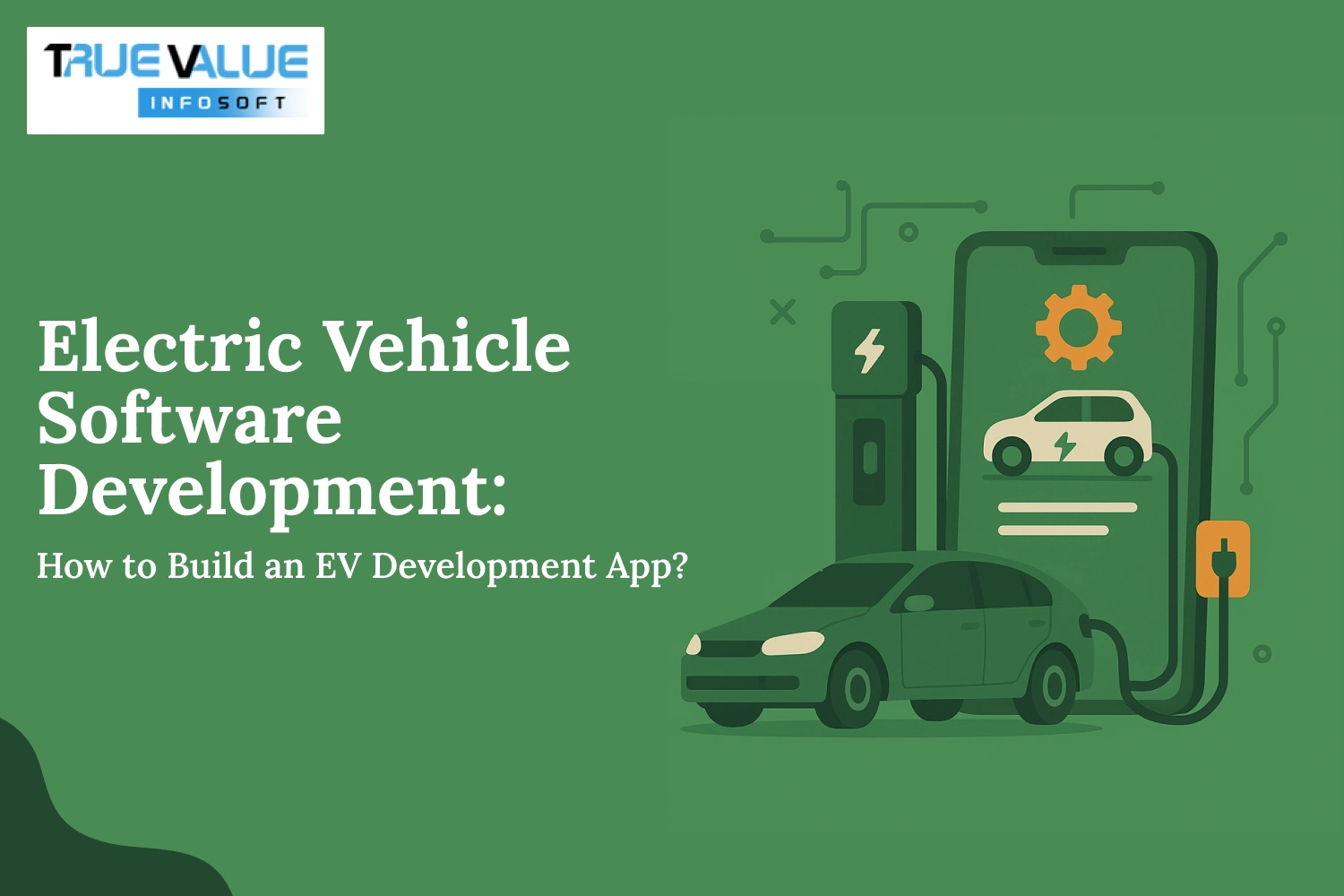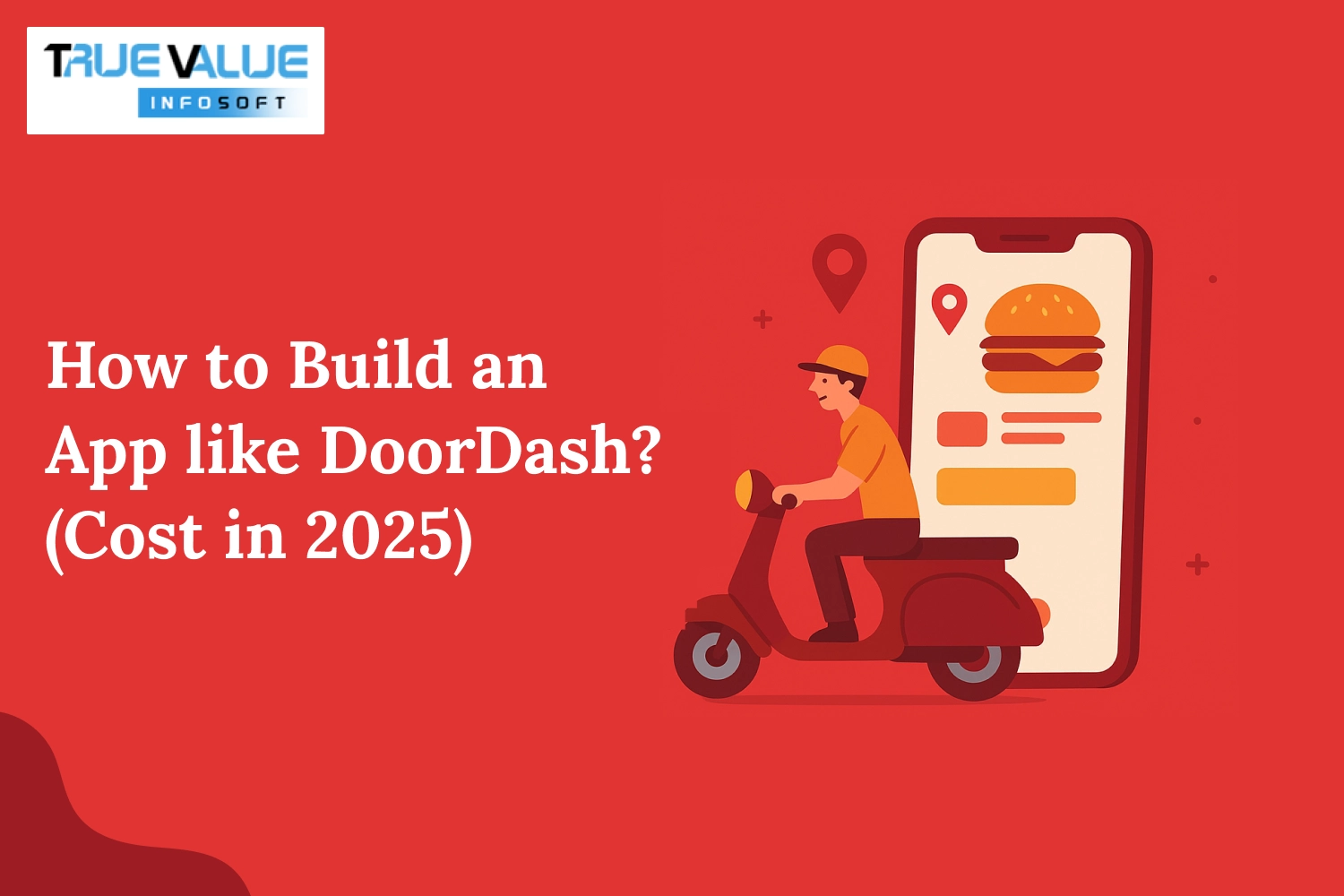Introduction
Are you looking for a smarter, more efficient way to manage healthcare operations in 2025? If so, Software as a Service (SaaS) for healthcare might be the game-changer you need. As the healthcare industry continues to embrace digital transformation, SaaS-based solutions are proving to be indispensable in improving patient care, streamlining hospital workflows, and reducing operational costs. These cloud-based platforms offer scalable, secure, and easily deployable tools for everything from electronic health records (EHRs) to patient engagement, telemedicine, and billing systems.
And if you're looking to build a cutting-edge SaaS healthcare solution, True Value Infosoft, the best IT company in India, stands ready to help. With a proven track record of delivering innovative, secure, and user-friendly digital healthcare platforms, True Value Infosoft is your trusted partner for transforming ideas into real-world solutions. Let’s dive into the future of healthcare with SaaS.
What is SaaS?
SaaS, or Software as a Service, is a cloud-based delivery model where applications are hosted by a service provider and accessed via the internet. Unlike traditional software that requires installation and maintenance on individual devices, SaaS enables users to subscribe and use applications remotely. This model offers unparalleled flexibility, scalability, and cost-efficiency, making it ideal for businesses of all sizes.
Key Characteristics of SaaS:
- Cloud-hosted: No need for local installations.
- Subscription-based: Pay-as-you-go model.
- Automatic updates: Real-time feature and security enhancements.
- Scalability: Easily accommodate growing user demands.
- Multi-tenancy: Serve multiple clients with a single instance of the software.
What Does SaaS for Healthcare Mean?
SaaS for healthcare refers to cloud-based software solutions specifically designed to meet the needs of healthcare organizations—hospitals, clinics, diagnostic labs, and wellness centers. These solutions support everything from patient data management and appointment scheduling to medical billing, telemedicine, and regulatory compliance.
Core Components of Healthcare SaaS:
- Electronic Health Records (EHR)
- Telehealth Platforms
- Medical Billing Software
- Appointment Scheduling Systems
- Patient Portals
- Clinical Decision Support Tools
- Remote Patient Monitoring (RPM)
- AI and Analytics for Predictive Care
SaaS empowers healthcare providers to streamline operations, improve patient outcomes, ensure data security, and stay compliant with evolving regulations.
Guide on SaaS for Healthcare
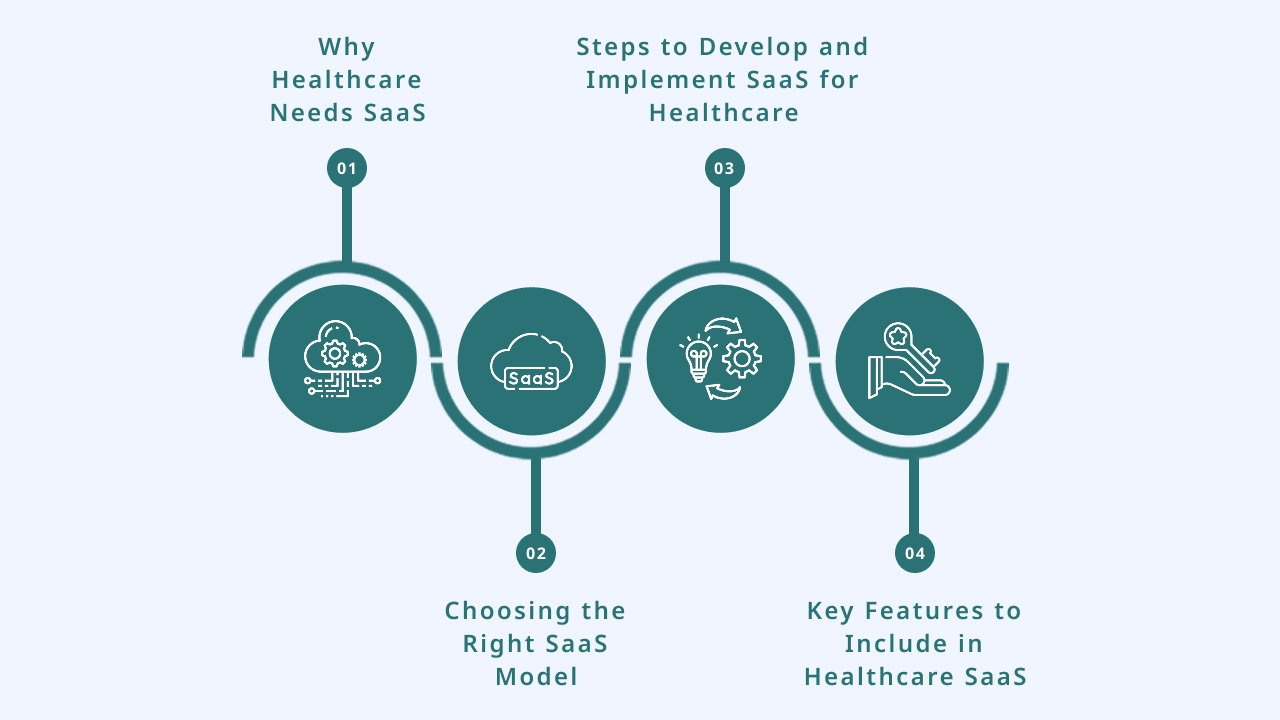
1. Why Healthcare Needs SaaS
The healthcare industry faces numerous challenges—rising operational costs, data management complexities, and growing patient expectations. SaaS solutions address these challenges by offering:
- Centralized data management
- Interoperability across systems
- Scalability for expanding practices
- Lower upfront costs
- Enhanced patient engagement
2. Choosing the Right SaaS Model
Healthcare SaaS applications can be categorized into:
- Vertical SaaS: Tailored for healthcare with domain-specific functionalities.
- Horizontal SaaS: Generic tools (CRM, HRM) adapted for healthcare usage.
For healthcare, Vertical SaaS is typically more beneficial due to its specialized nature.
3. Steps to Develop and Implement SaaS for Healthcare
Step 1: Requirement Analysis
- Define end-user roles (doctors, nurses, patients, admin)
- Identify key functionalities
Step 2: Choose the Right Tech Stack
- Cloud platforms: AWS, Azure, Google Cloud
- Backend: Node.js, Python
- Frontend: React, Angular
- Database: PostgreSQL, MongoDB
Step 3: Design UX/UI
- Intuitive navigation
- Accessibility compliance (WCAG)
Step 4: Build Core Modules
- EHR, telemedicine, billing, analytics
Step 5: Integrate APIs
- Payment gateways, lab systems, wearable devices
Step 6: Ensure Regulatory Compliance
- HIPAA (US), GDPR (EU), DISHA (India)
Step 7: Testing and QA
- Functional, security, performance testing
Step 8: Deployment and Training
- Cloud deployment
- Staff onboarding and training
Step 9: Maintenance and Updates
- Regular updates, patching, and user feedback loop
4. Key Features to Include in Healthcare SaaS
- Role-based dashboards
- Secure patient data storage
- Real-time communication tools
- Billing and insurance processing
- AI-powered diagnostic tools
- Mobile compatibility
- Customizable reporting
5. Benefits of SaaS in Healthcare
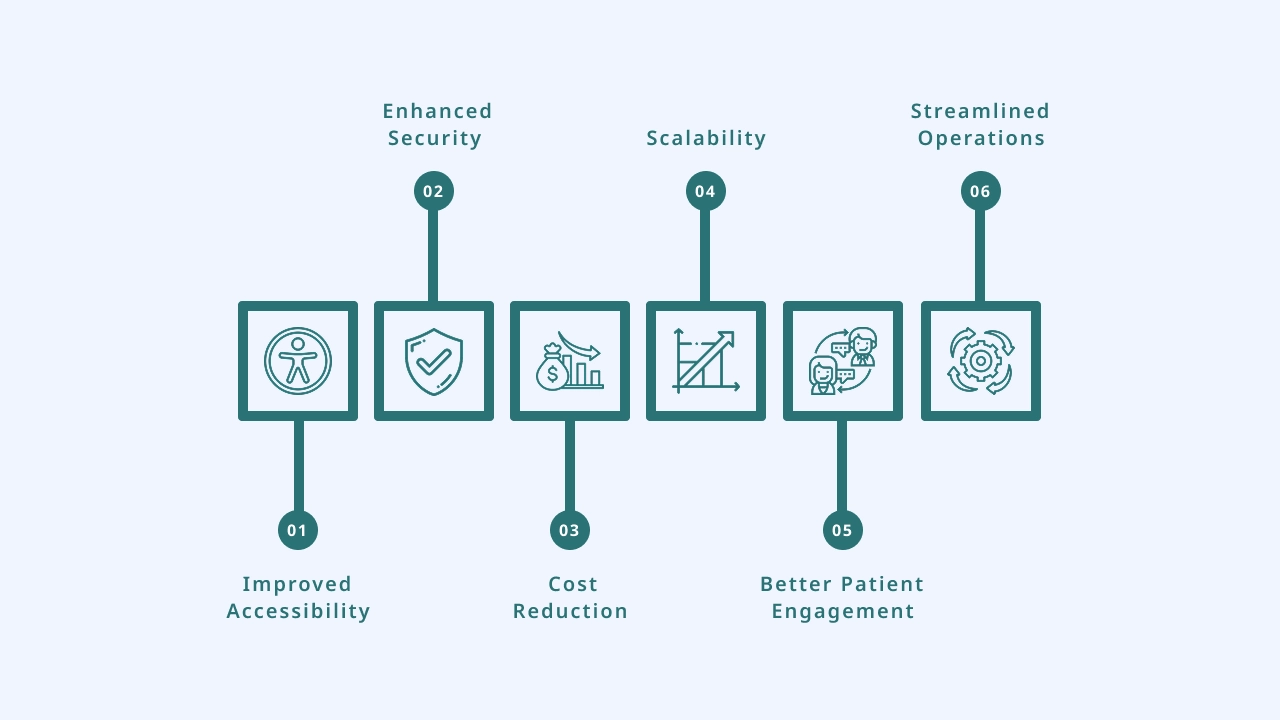
a. Improved Accessibility
Doctors and patients can access data and services from anywhere.
b. Enhanced Security
SaaS platforms offer advanced security protocols like end-to-end encryption, role-based access control, and audit trails.
c. Cost Reduction
No need for expensive hardware or software licenses.
d. Scalability
Easily scale services as patient volume increases.
e. Better Patient Engagement
Self-service portals and telehealth improve patient experience.
f. Streamlined Operations
Automated workflows reduce manual effort and errors.
Why Choose True Value Infosoft for SaaS App Development?
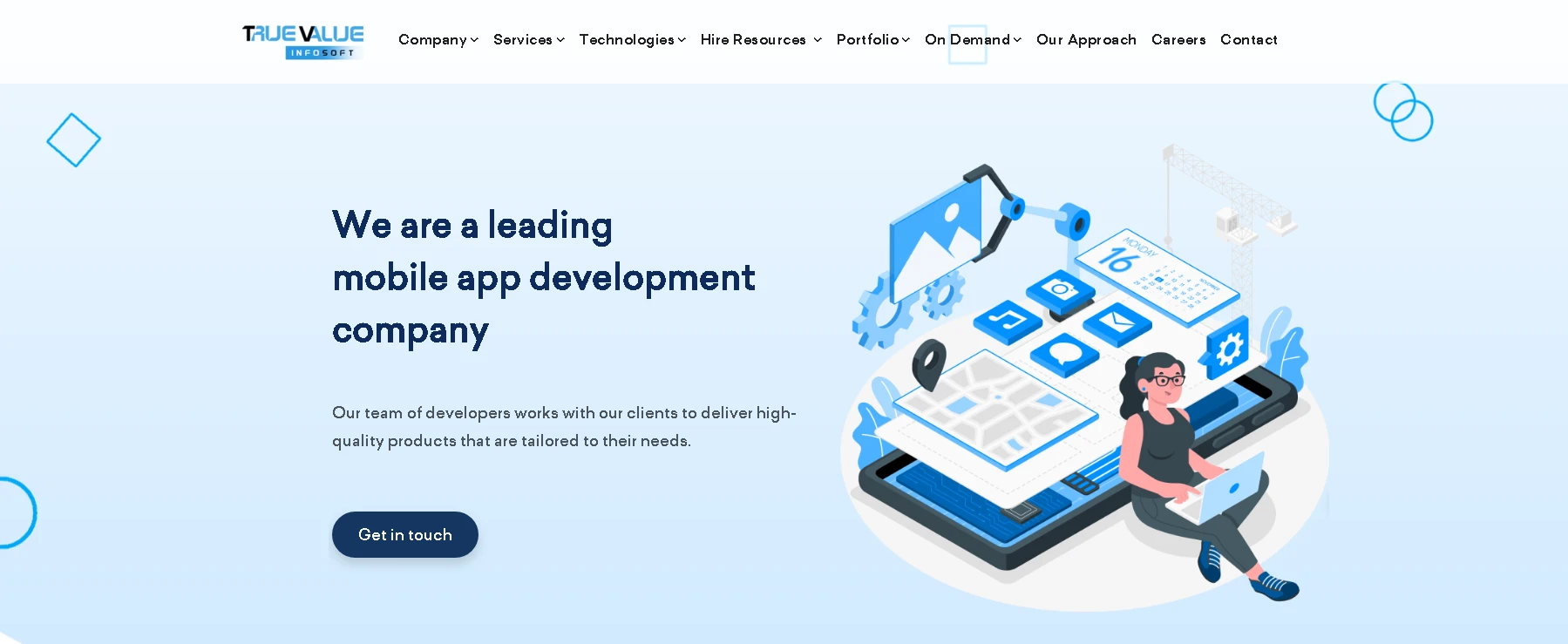
True Value Infosoft, the best app development company in India, has a stellar record of delivering custom SaaS solutions across industries—with healthcare being a prime focus. Here's why we're your ideal tech partner:
1. Domain Expertise
We understand the nuances of healthcare, from EHR to compliance.
2. Custom Solutions
Tailor-made SaaS platforms to fit your exact requirements.
3. Security First
HIPAA, GDPR, and regional regulation-compliant systems.
4. Agile Development
Rapid prototyping and iterative delivery.
5. 24/7 Support
Dedicated support and maintenance teams to ensure uptime.
6. Proven Track Record
Successful deployments in hospitals, clinics, and labs.
Conclusion
The integration of SaaS into healthcare is not just a technological shift—it's a revolution in how care is delivered, accessed, and managed. With cost-efficiency, scalability, and enhanced patient outcomes, SaaS has cemented its place as the future of healthcare IT. And with a trusted partner like True Value Infosoft, you can rest assured your healthcare SaaS solution will be secure, innovative, and future-ready.
Now is the time to embrace the digital future of healthcare.
FAQs
SaaS offers remote access, lower costs, enhanced security, scalability, and streamlined operations for healthcare providers.
Yes, when developed by experts like True Value Infosoft, SaaS platforms can be fully HIPAA and GDPR compliant with top-tier encryption.
Depending on complexity, it may take 3–6 months for an MVP and longer for a full-featured solution.
Costs can range from $30,000 to $300,000+ depending on features, compliance needs, and scale.
Yes, SaaS platforms can be integrated with existing HIS, LIS, and other tools using APIs and middleware solutions.
